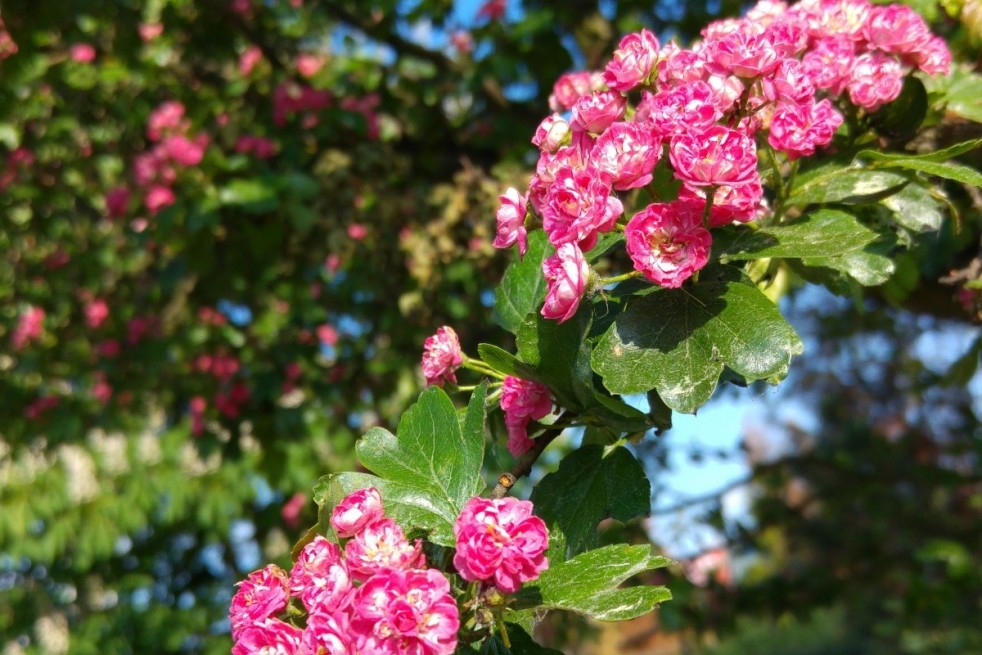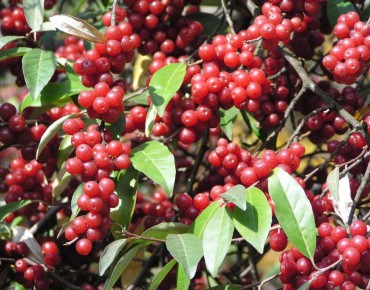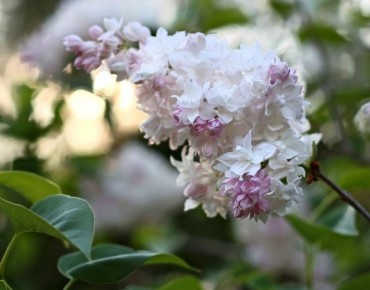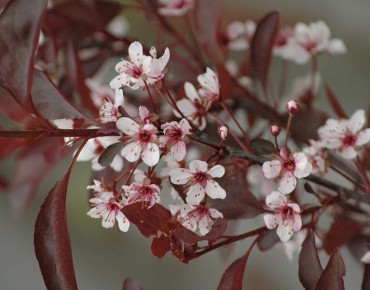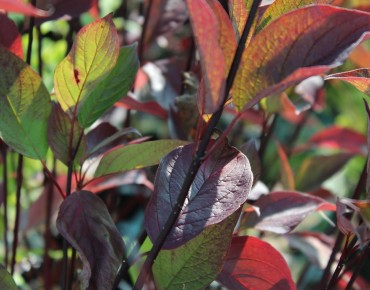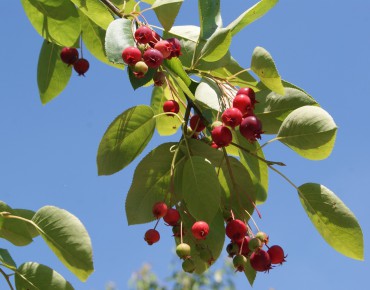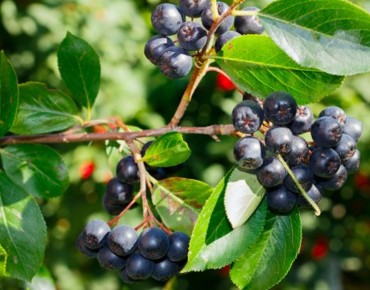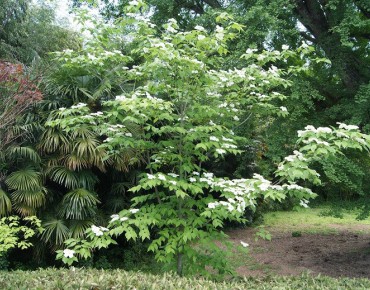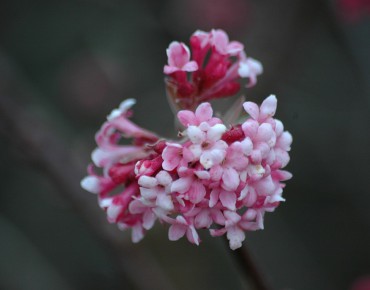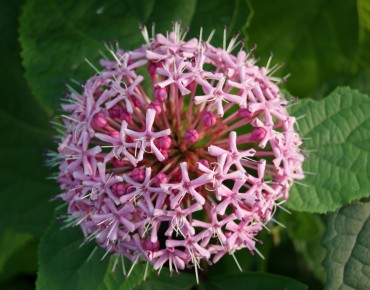Red Hawthorn Paul's Scarlet
Crataegus laevigata Paul's Scarlet
Description
Crataegus laevigata Paul's Scarlet is a hawthorn sought after for its abundant flowering.
From May to June, the tree is entirely covered with compact bouquets of double red flowers, themselves very dense. The spectacle is breathtakingly beautiful! Fragrant and melliferous, the flowers are borne on branches with very few thorns and cover the entire tree.
Flowering is followed by globular green fruits, then bright red when they mature in autumn. Their ornamental effect is just as remarkable as that of the flowers. The berries are prized by passerines and small mammals, but they are not edible for humans.
The Red hawthorn Paul's Scarlet is an erect deciduous tree with a rounded crown, which measures from 3 to 6 m high with a spread of 1.50 to 2 m. Its leaves are a dark, shiny green that turns orange in autumn. They are alternate and delicately lobed.
This variety of hawthorn is hardy down to -30°C and very undemanding in terms of soil. Any fresh, well-drained soil, acidic or alkaline, would work well. Very comfortable in the sun, it can cope with partial shade.
Crataegus laevigata Paul’s Scarlet is an ornamental tree par excellence, and it is important to take care of its appearance. Prune the branches to ensure a balanced appearance and cut off dead wood. Pruning is recommended once a year, between February and March.
Hawthorn has always been used as a hedge, to demarcate and protect gardens and plots of land. But the Crataegus laevigata Paul’s Scarlet variety is probably too beautiful for such prosaic use. Plant it in plain sight, in a row or alone, and wait until May. A real fireworks display!
Features
- Common name : Red Hawthorn Paul's Scarlet
- Family : Rosaceae
- Category : shrub
- Spread : 1,50 to 2 m
- Foliage : deciduous
- Color of flowers : red
- Fruit : decorative red berries
- Use : isolated - shrubberry - alignment
- Soil : all
- Habit : Rounded
- Enemies : aphids - caterpillars
- Possible diseases : fire blight - powdery mildew - root rot - rust disease
Expédition & livraison
How does the delivery work?
 As soon as you place your order your plants are selected
As soon as you place your order your plants are selected Each order is processed individually.
Each order is processed individually. Plants are packed, staked and labeled.
Plants are packed, staked and labeled. Packaging is carefully implemented to avoid any problems.
Packaging is carefully implemented to avoid any problems. Packages are ready to be shipped.
Packages are ready to be shipped.
Our delivery methods
Shipping of our plants throughout Europe (except overseas and islands).
Customer reviews

